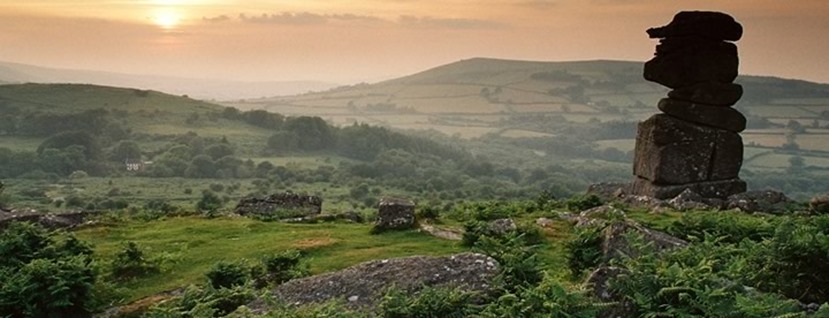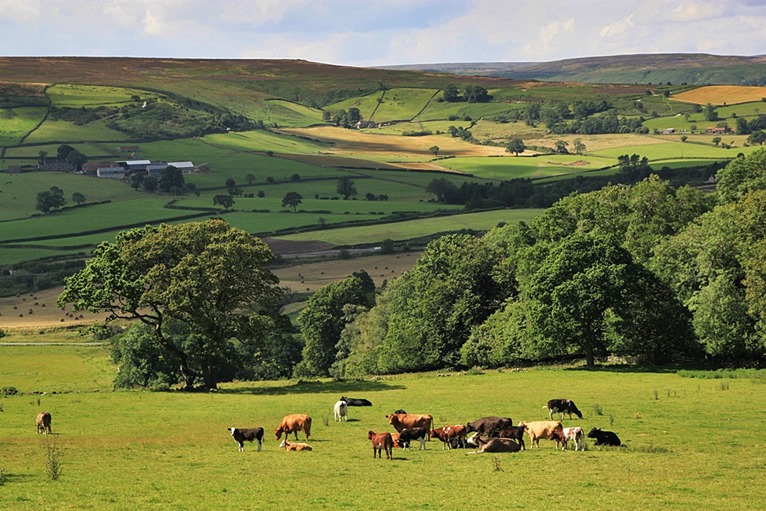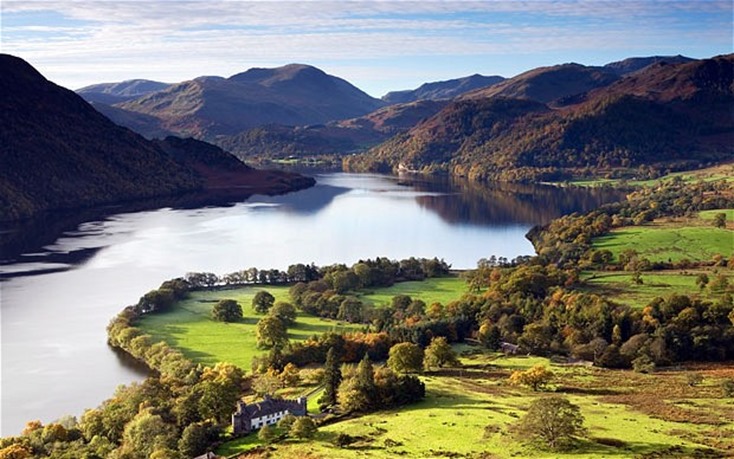Frederick Dixon
Western Spring
May 21, 2014

So lovely was this evening that I couldn’t bear to stay in, and a walk in the country beckoned. As I wandered along paths deep sunk amid blossoming hawthorn and cow parsley and amid every shade of green – and all this within fifteen miles of Charing Cross – I reflected for the ten thousandth time how near to a paradise most of England still is. That led me on, as it always does and however reluctantly, to thoughts of paradise ruined; of the destruction of our country by mass immigration and its consequences.
Among the more obvious of these consequences are shortage of housing, soaring house prices and irresistible pressure to build housing on a very large scale in the countryside. Of course immigration is not the only cause of housing pressure, more people living longer, more people living alone are also contributory factors, but had it not been for immigration these contributory factors could have been almost entirely accommodated by redevelopment within existing towns.
The effect of immigration on our countryside is not only physical; the constant arrival of very large numbers of newcomers in the areas of primary settlement in the inner cities stimulates a wave of “brown flight” as earlier immigrants and their children follow “white flight” into the towns and villages of the Green Belt and beyond. Thus these strongholds of Englishness are fractured and diluted – one of the revelations of the 2011 census was that the proportion of Council wards in England and Wales which are wholly, or almost wholly, White British in population (98% or above) fell from 56% in 2001 to 9% in 2011.
It may be that the principal partner in the present coalition government is the Conservative Party, but on this issue of housing in the countryside it belies its name for, in its 2012 recasting of town and country planning, it has opened the flood gates to a wave of poorly sited developments. We should not be surprised by this, it has been very many years since the Conservative Party seemed concerned to conserve anything other than the wealth of its contributors.

Leading the counteroffensive against the government’s attack on the countryside is, as ever, the Campaign to Protect Rural England (CPRE) of which I am a member. Its work is now very heavily focussed on housing despite which it never, ever, mentions the ni**er in the woodpile i.e. immigration, and for this the CPRE is often roundly criticised from the Right, including from certain sections of the conservation movement. This is to misunderstand the manner in which the CPRE goes about its work; it is a lobbying body, its proper habitat the corridors and committee rooms of the powerful, murmuring in the ears of the people who matter; and it works, never entirely but the CPRE is very good at getting the worst excesses moderated. If it shouted about immigration, all doors would at once slam shut.
In reality the CPRE doesn’t need to shout about immigration because everyone knows that it’s a major factor in creating a housing shortage, and there are plenty of other bodies – UKIP for one – who will do the shouting. No doubt there are politicians who believe that celebrating diversity is more important than preserving the countryside, but they are usually kept under control by Party managers who know that the countryside equals votes but celebrating diversity does not.
When the CPRE continually presents, as it does, the image of a traditional England under threat from the house building required by an ever-expanding population, the message is not lost on the electorate; “what we need are fewer immigrants, not more houses on green fields” is a typical on-line comment by newspaper readers whenever the subject comes up. There is no doubt that fears for the future of our countryside is an element in the pronounced right-ward move which we have seen in recent years, and the CPRE and similar bodies have played a significant role in that process.
I urge all people who are of our mind to support bodies which are involved in some way with the protection of an older England, whether it be countryside conservation, folk dancing, steam railways, civil war re-enactments. All, in their very different ways, are affected by the dilution and fracturing of Englishness and their very existence is an implicit rebuke to our negligent or malignant masters. The more such bodies flourish, the stronger the whole nationalist (note the small “n”) movement becomes; it is in this area that we are already fighting the crucial culture wars – and winning!

